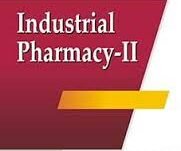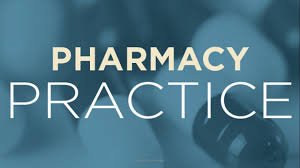B. Pharmacy 7th Semester Handwritten Notes
INDUSTRIAL PHARAMCY – 2

What It Is:
Industrial pharmacy is the field that makes medications widely available. These specialized pharmacists are responsible for:
Drug Development: Finding new drug targets, creating new molecules, and carefully formulating them into effective dosage forms.
Manufacturing: Overseeing the large-scale production of medicines, ensuring quality and consistency.
Quality Control: Rigorously testing raw materials and finished products to guarantee safety, effectiveness, and stability.
Regulatory Compliance: Working with agencies like the FDA to ensure medications meet all necessary standards and regulations.
INSTRUMENTAL METHOD OF ANALYSIS

What It Is:
Instrumental methods of analysis use advanced tools to study the properties of substances. They involve techniques like spectroscopy (analyzing light interactions), chromatography (separating mixtures), and electroanalytical methods (measuring electrical signals). These methods are incredibly sensitive, precise, and often automated. They’re used in fields like pharmaceuticals, environmental science, food testing, and forensics.
NOVEL DRUG DELIVERY

What It Is:
Novel Drug Delivery Systems (NDDS) are advanced ways to get medicine where it needs to go in the body. They improve on traditional methods by targeting drugs directly to the disease site, controlling release over time, protecting the medication, and making it easier for patients to take. Examples include liposomes, nanoparticles, skin patches, and implants. NDDS offer the potential for fewer side effects, better treatment results, and new possibilities for previously difficult-to-treat diseases.
PHARMACY PRACTICE

What It Is:
Pharmacy practice is the healthcare field focused on ensuring medications are used safely and effectively. Pharmacists do this by:
Dispensing medications: Filling prescriptions accurately and checking for potential problems.
Counseling patients: Explaining how to take medicines, manage side effects, and answer questions.
Providing drug information: Serving as experts on medications for both patients and other healthcare professionals.
Managing drug therapy: Working with patients and doctors to optimize medication plans.
Participating in clinical care: Specializing in areas like infectious diseases or cancer treatment.